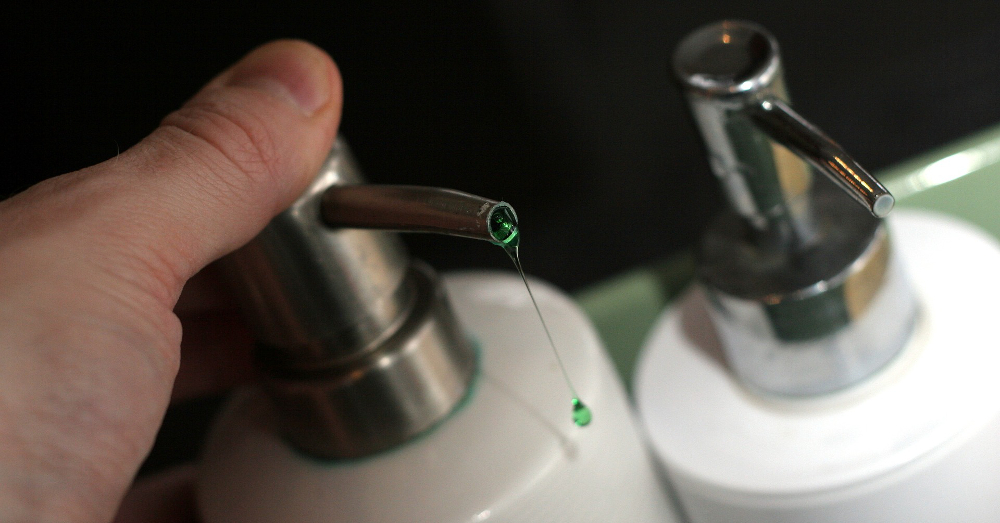
Scientists Urge Tighter Scrutiny of Germ-Fighting Chemicals
These endocrine disruptors are in our everyday health and beauty products
More than 200 scientists and public health advocates are urging regulators to take a closer look at the potential dangers of antimicrobial chemicals including triclosan, an additive that has been banned from hand soaps but remains an active ingredient in products ranging from building materials to Colgate’s Total toothpaste.
July 4, 2017 | Source: Salon | by Paul Feldman, FairWarning
These endocrine disruptors are in our everyday health and beauty products
More than 200 scientists and public health advocates are urging regulators to take a closer look at the potential dangers of antimicrobial chemicals including triclosan, an additive that has been banned from hand soaps but remains an active ingredient in products ranging from building materials to Colgate’s Total toothpaste.
The call for better labeling and safety evaluation of the widely used substances comes in a paper published today in the journal Environmental Health Perspectives. The scientists say they worry that such chemicals, described as endocrine disruptors, have been linked to reproductive and developmental problems in animals and might harm human fetuses and newborns.
“We therefore call on the international community to limit the production and use of triclosan and triclocarban and to question the use of other anti-microbials,” say the scientists in what they are calling “The Florence Statement,” first introduced at a 2016 conference in Italy.
After decades of consideration, the U.S. Food and Drug Administration issued a final rule last year halting the sale of body washes and liquid and bar soaps containing triclosan or 18 similar ingredients. The FDA determined that scientific evidence did not show that these products were any better at preventing illness than old-fashioned soap and water. At the same time, the agency said, there were questions about possible long-term harm from the antimicrobial chemicals.
The soap sales ban takes effect in September. Yet the chemicals, which attack mold and other microbes but linger in the human body and environment, are still used in more than 2,000 consumer and building products including toothpaste, detergents, clothing, toys, exercise mats, doorknobs and paints, the scientists say.
